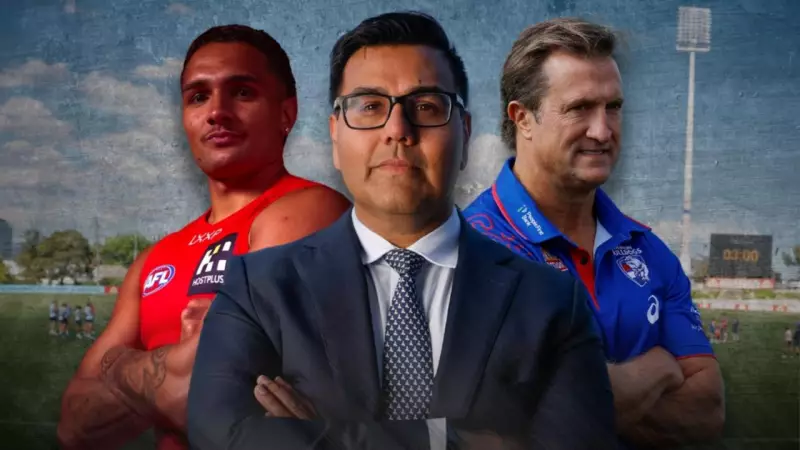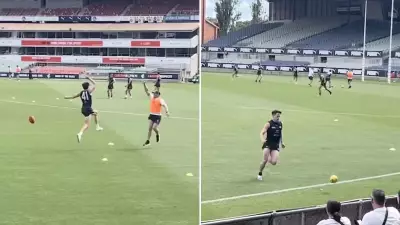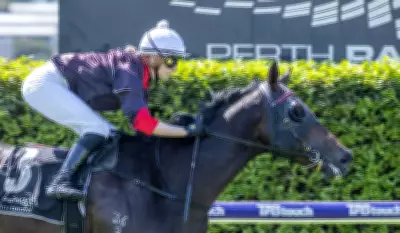
The Western Bulldogs have revealed the depth of young star Jamarra Ugle-Hagan's mental health struggles during a challenging period for the emerging forward.
The Pressure of Public Scrutiny
Bulldogs CEO Ameet Bains has spoken openly about the significant personal challenges Ugle-Hagan faced earlier this season, particularly following intense public criticism from prominent media commentator Kane Cornes. The Port Adelaide champion had been vocal in his assessment of the young player's performances, creating additional pressure on the 21-year-old.
The situation reached a critical point in April when Ugle-Hagan's form dipped noticeably, prompting concerns within the club about his wellbeing. Bulldogs coach Luke Beveridge and the club's leadership team recognized the need to provide robust support for their young star during this difficult period.
Club Support System Activated
Bains detailed the comprehensive approach the club took to support Ugle-Hagan, emphasizing their commitment to player welfare above all else. The Bulldogs implemented a tailored support program that included regular check-ins with club psychologists, mentorship from senior players, and temporary adjustments to his training load.
"There's no question Jamarra was doing it really tough for a period there," Bains acknowledged. "When you have a high-profile commentator like Kane Cornes being particularly critical, that adds another layer of pressure for any player, let alone someone still early in their career."
The CEO praised the club's football department for their proactive approach in identifying the issue and mobilizing resources to assist Ugle-Hagan. The support network extended beyond professional staff to include teammates and family members who played crucial roles in his recovery process.
Broader Implications for AFL
This revelation comes at a time when mental health awareness in professional sports has never been higher. The Bulldogs' handling of Ugle-Hagan's situation highlights the evolving approach clubs are taking toward player welfare in the modern AFL landscape.
Bains emphasized that the club's priority remains the long-term development and wellbeing of their players, recognizing that performance on the field is intrinsically linked to mental health off it. The CEO's decision to speak publicly about the challenges faced by Ugle-Hagan reflects a growing transparency within AFL clubs about mental health issues.
The Western Bulldogs have emerged as leaders in this space, with their player welfare programs receiving recognition across the competition. The club's approach demonstrates how elite sporting organizations can balance the demands of high-performance sport with genuine care for their athletes' mental health.
Ugle-Hagan has shown encouraging signs of improvement in recent weeks, with his form gradually returning as he works through the challenges with the club's ongoing support. The experience has highlighted the importance of robust mental health frameworks within AFL clubs and the need for continued education around the impact of public commentary on young athletes.





